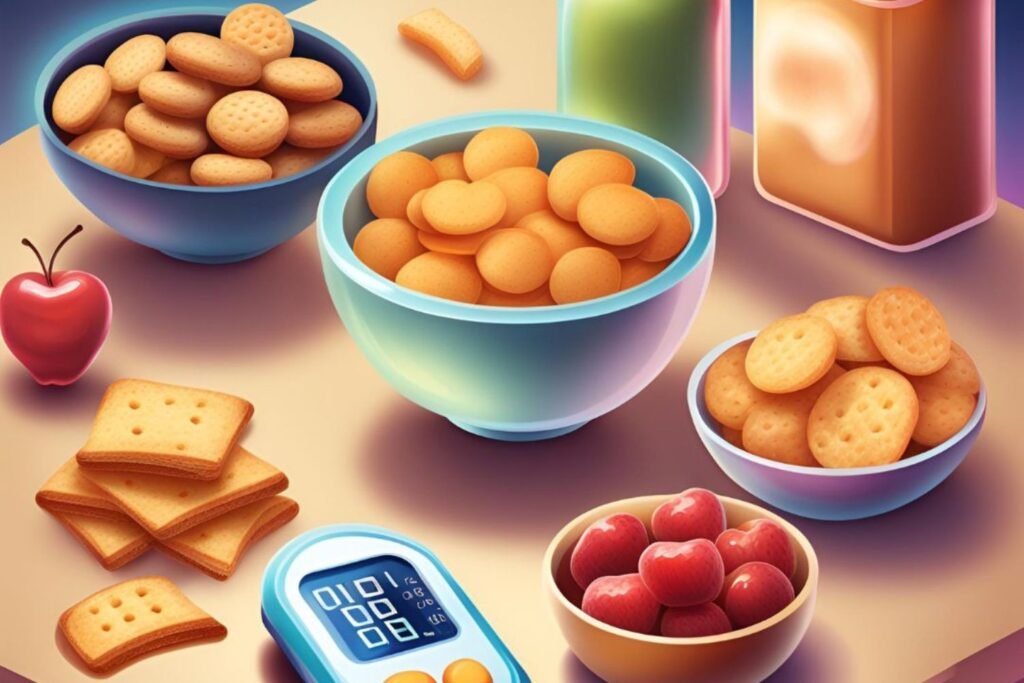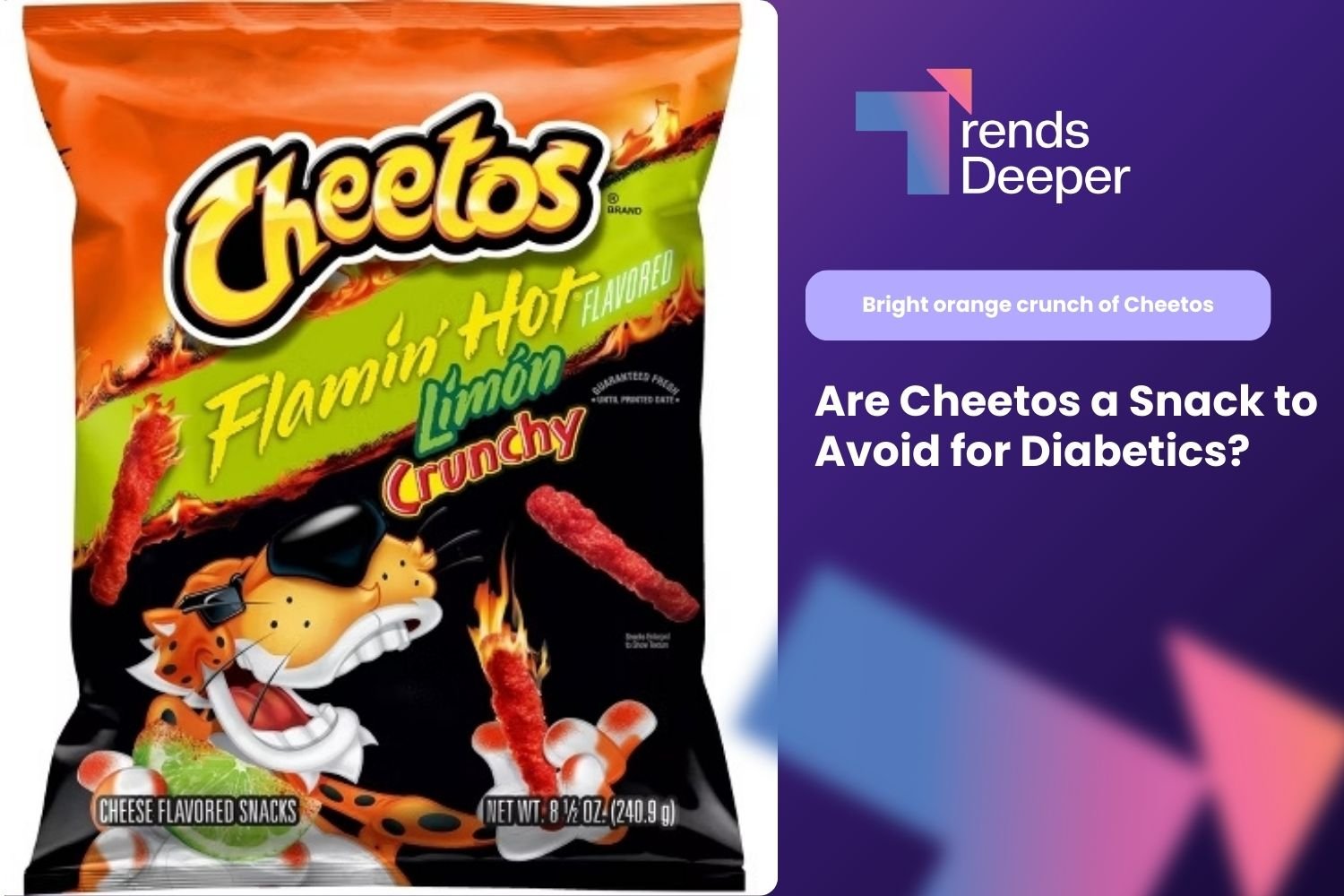It’s hard to resist the bright orange crunch of Cheetos, one of America’s most iconic snacks. But for diabetics, this popular junk food might pose more risk than reward.
With diabetes on the rise worldwide, many are rethinking their diet choices, and Cheetos—like many processed snacks—are facing scrutiny.
Packed with refined carbohydrates, unhealthy fats, and sodium, Cheetos are far from being a diabetes-friendly snack.
While they may provide a quick, tasty treat, they can cause blood sugar levels to spike, making them problematic for those who need to manage their glucose levels carefully.
For people with diabetes, even seemingly small indulgences can have significant effects on their health. And the question remains: can Cheetos fit into a balanced diet for diabetics?
Michael, a 42-year-old type 2 diabetic, recalls how Cheetos were once his go-to snack. “I loved them—crunchy, cheesy, and convenient. But after my diagnosis, I started paying attention to how certain foods made me feel, and Cheetos would send my blood sugar through the roof.”
This is a common experience for many diabetics. The refined cornmeal and artificial flavorings in Cheetos, combined with their low fiber content, provide little to slow the absorption of glucose into the bloodstream, resulting in sharp blood sugar spikes.

Cheetos’ high carbohydrate content is one of the primary concerns. A typical serving contains about 15 grams of carbs, and for someone managing diabetes, every gram counts.
For comparison, a diabetic-friendly snack would focus on complex carbohydrates, which digest more slowly and have a lesser impact on blood sugar. Foods rich in fiber or protein help buffer the effects of carbs, making them a healthier option.
Nutritionists have long cautioned that processed snacks, especially those high in sodium and unhealthy fats, can be detrimental not just to diabetics but to anyone trying to maintain heart health.
Cheetos are fried in vegetable oil, which can sometimes contain trans fats, notorious for increasing the risk of heart disease—a serious concern for diabetics who are already at higher risk for cardiovascular issues.
Sophia, a dietitian who works with diabetic patients, often discusses snacks during her consultations. “People think that if it’s just a small amount, it’s not going to harm them,” she explains. “But processed snacks like Cheetos add up.
They’re low in nutrition and high in things diabetics should avoid, like sodium and refined carbs. It’s not just about blood sugar—heart health matters, too.”
Reflecting on the bigger picture, many see snacks like Cheetos as symbolic of a larger issue in modern diets.
Processed foods, loaded with additives, are cheap, accessible, and satisfying but often devoid of real nutritional value. While they may offer a quick hunger fix, they don’t support long-term health, especially for those managing chronic conditions like diabetes.
The fact that Cheetos have almost no dietary fiber adds to their problematic nature. Fiber is crucial for diabetics as it helps slow digestion, preventing sharp rises in blood sugar. Whole grains, fruits, and vegetables offer fiber and a host of nutrients that Cheetos simply don’t have. This missing component leaves Cheetos in the “once in a while” category for diabetics rather than a regular snack.
Even Frito-Lay, the company behind Cheetos, doesn’t market the snack as healthy. It’s seen as a fun, indulgent treat, and for many, that’s part of the appeal. But for diabetics, the stakes are higher, and indulgences need to be chosen with care.
A healthier alternative might be whole-grain crackers, nuts, or even air-popped popcorn with a light seasoning—snacks that offer more nutritional value while being easier on blood sugar levels.
Experts emphasize that managing diabetes doesn’t mean avoiding treats altogether but rather making smarter choices.
A mindful approach can allow people to enjoy their favorite foods while still managing their condition effectively. “Diabetes is about balance,” Michael says. “I still indulge sometimes, but I’m much more careful now. I’ve learned that what I eat directly impacts how I feel, and that’s a powerful motivator.”
So, while the allure of Cheetos is hard to deny, it’s clear they come with risks, particularly for diabetics. For those who want to enjoy a satisfying snack without compromising their health, it may be worth seeking out alternatives that are both tasty and nourishing.
After all, when it comes to health, making small, informed changes can lead to big improvements in the long run.


